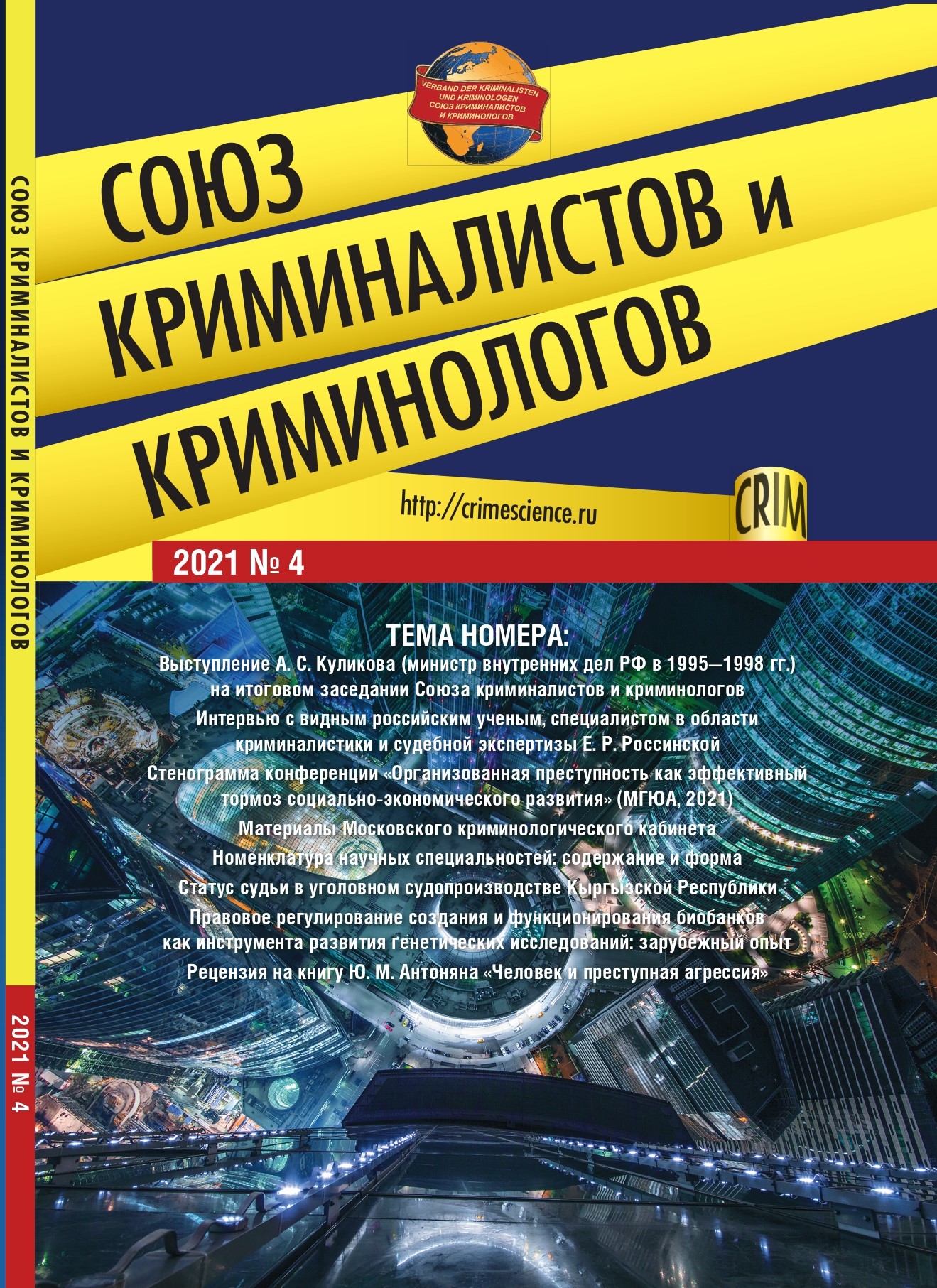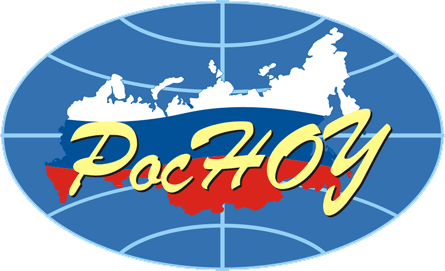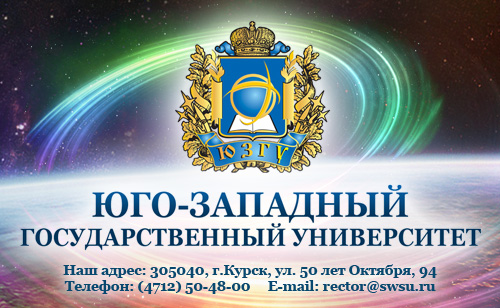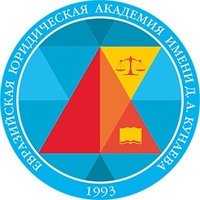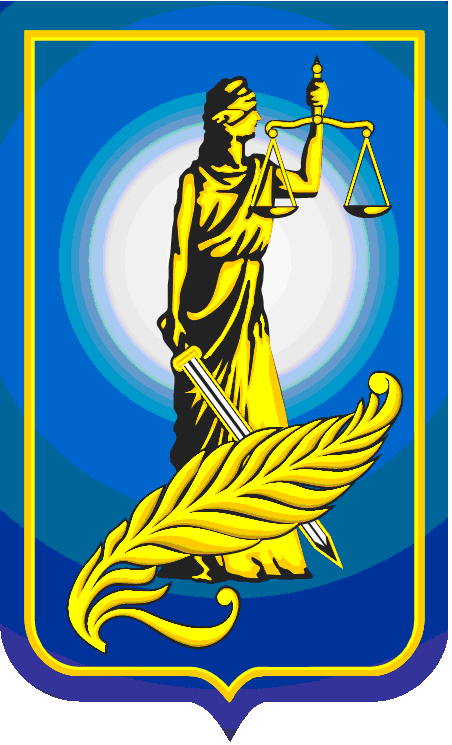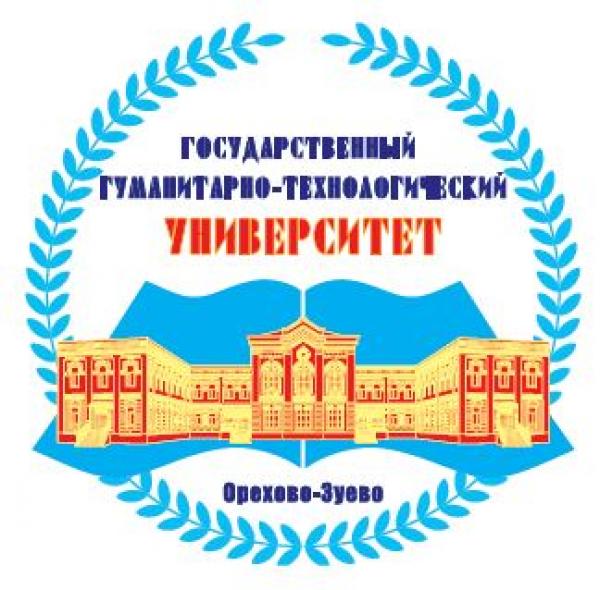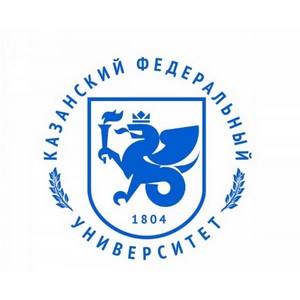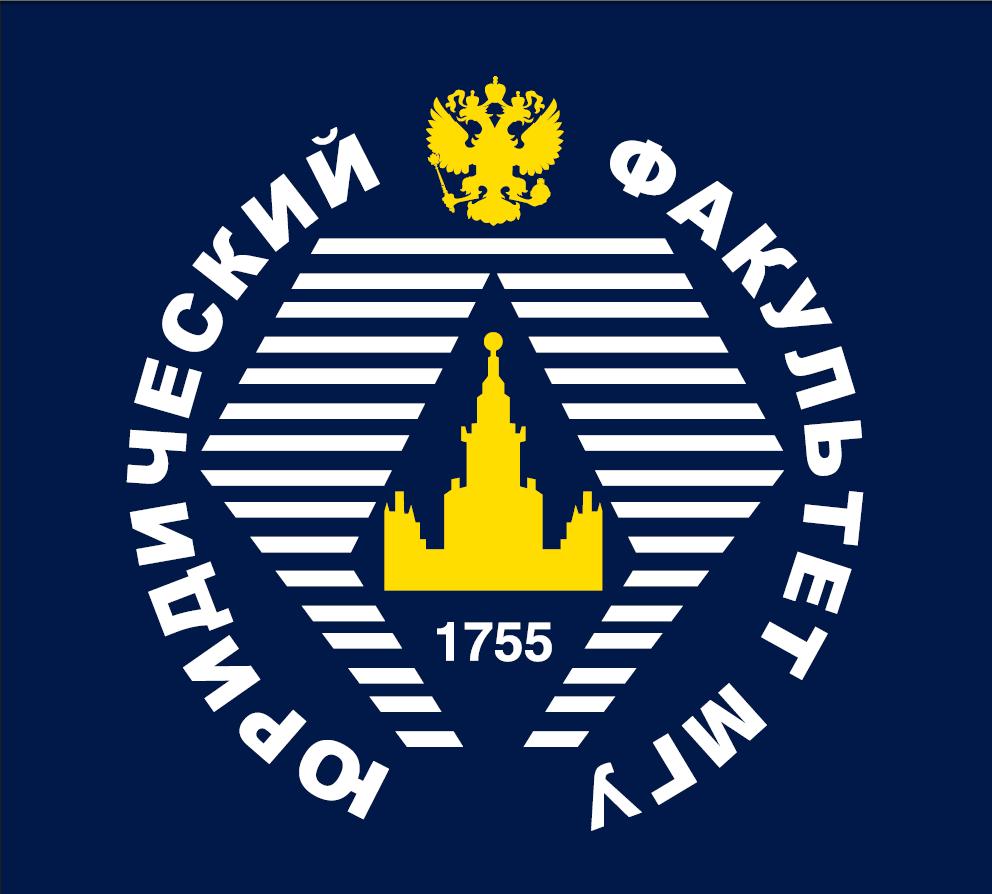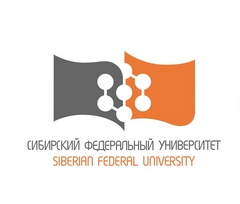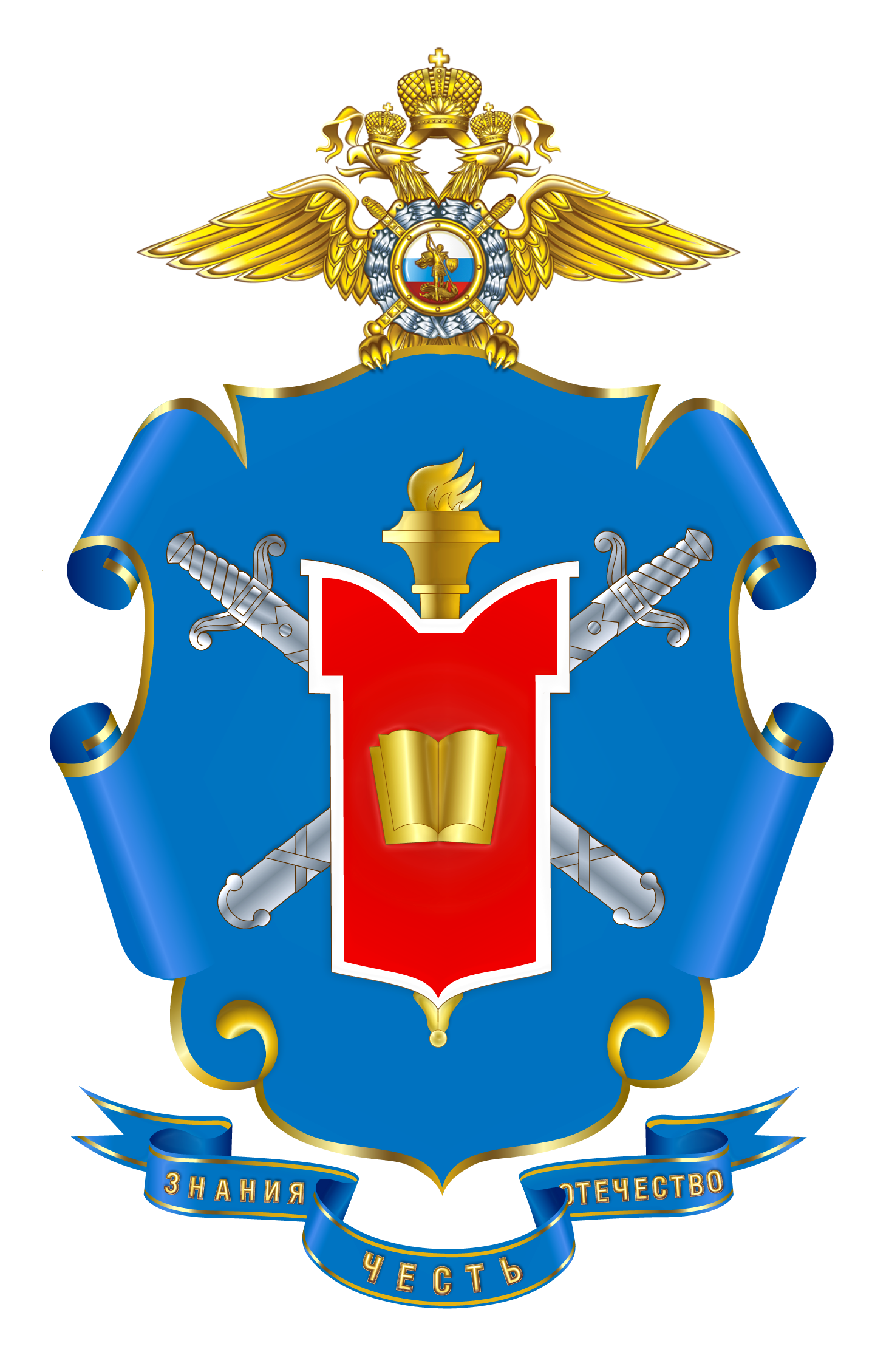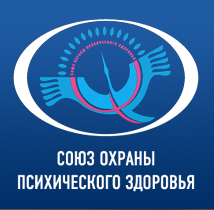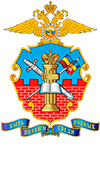The author’s project ‘Criminal law gatherings at N.A. Lopashenko’s’ together with the Saratov Branch Office of the Union of Criminalists and Criminologists
The mono format with Professor Alexey G. Kibalnik
On 5 November 2020, a regular online meeting of the author’s project ‘Criminal law gatherings at N.A. Lopashenko’s’ was arranged together with the Saratov Branch Office of the Union of Criminalists and Criminologists. The meeting was held in the mono format, i.e. one report and its discussion. Alexey G. Kibalnik became the main speaker. He is the Chair of Criminal Law and Process Professor at North Caucasus Social Institute (NCSI) in Stavropol.
In total, around 90 researchers and practitioners from all regions of Russia and neighboring countries (Ukraine, Belarus, Germany, Kazakhstan) participated in the online meeting.
At the beginning, Professor Yury V. Golik (Moscow) presented and recommended for study the bibliographic index on criminal law by N.I. Matsnev: ‘The Science of Criminal Law in Book Publications.’
Further, the organizer Natalia A. Lopashenko informed the audience about a tragic event: ‘The Head of the Chair of Criminal Law at the Law Institute of Tomsk State University, Professor Sergey A. Yeliseyev has passed away.’
Presenting the main speaker, the organizer Natalia A. Lopashenko highlighted the stages of his biography, the area of scientific interests and the subject of his candidate’s dissertation and doctoral thesis. Professor Alexey G. Kibalnik outlined the topic of his report: ‘Mysterious ways of international criminal justice.’ In particular, A.G. Kibalnik said:
‘These are some facts concerning the current state of international criminal justice:
- Nowadays, there is a dangerous situation. The activities of international criminal tribunals ad hoc are terminated. At the same time, the jurisdiction of the International Criminal Court (ICC) is not recognized by the leading states (India, China, Russia and the United States).
- At the moment, the ICC, as a permanent body of international criminal justice, is not able to solve the tasks assigned to it effectively.
- The prospects for the development of international criminal justice are becoming increasingly uncertain as they are aggravated by the ‘flight’ of states from the ICC and by military conflicts around the world.
As a consistent supporter of the development of international criminal law and international criminal justice, I suggest the following ways to solve the problem:
- It is necessary to abandon a possible revision of the ‘Nuremberg legacy.’ At the moment, it is the only universal foundation for the development of international criminal law and international criminal justice.
- In international and Russian criminal justice, it is desirable to take into account the positive ‘substantive’ legacy of the activities of international criminal tribunals ad hoc for a unified qualification of crimes against international peace and security of humanity.
- In order to enhance the real role of the International Criminal Court as a permanent body of international criminal justice, certain ‘procedural’ rules of the Rome Statute should be reviewed.
- The development of international criminal justice is impossible if a single state (one group of states) possesses exclusive rights, powers and opportunities.
Some of the questions addressed to the speaker were:
- Professor Natalia A. Lopashenko (Saratov): ‘Is it possible to disregard national interests in order to create a compromise on the international criminal law stage?’
- Professor Sofia Ya. Likhovaya (Kiev): ‘How can one feel the crisis of law, what are its components?’
- Practicing Lawyer Yulia Ye. Fedotova (Krasnodar): ‘Could you please give your assessment of the current conflict in Nagorno-Karabakh from the perspective of international criminal law?’
- Assistant Professor Vladislav N. Solovyev (Krasnodar): ‘Is it right to deny the facts of the Yugoslav Tribunal?’
- Associate Professor Svetlana V. Anoshchenkova (Saransk): ‘Does the criminal law bear the imprint of the national mentality or is it completely a product of criminal policies?’
In conclusion, Alexey G. Kibalnik thanked the participants of the online meeting for their attention.
Organizer Natalia A. Lopashenko invited the audience to the next Gatherings.
The review was prepared by the Secretary of the Union of Criminalists and Criminologists Saratov Branch, Roman Komyagin
Translated by Elizaveta Ovchinnikova











